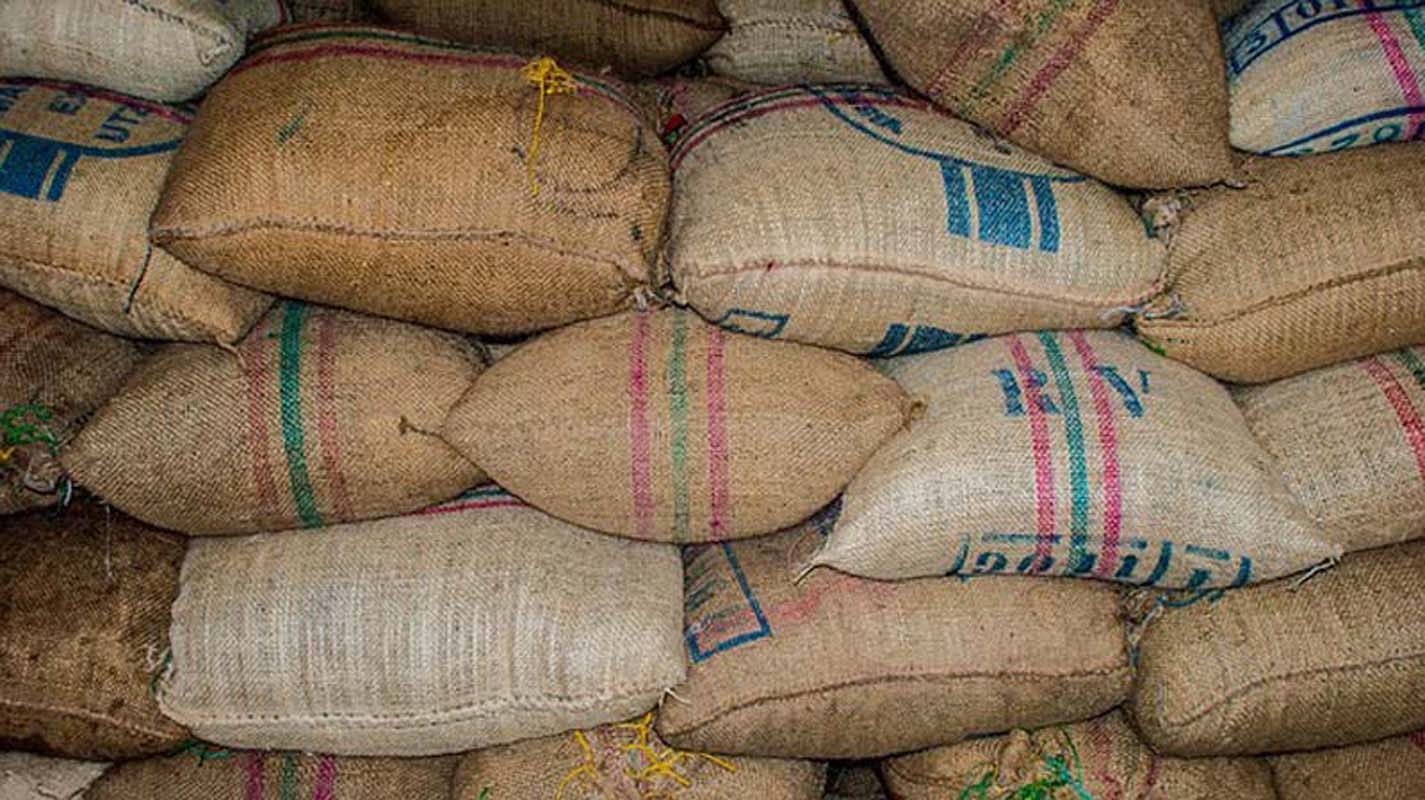
403
Sorry!!
Error! We're sorry, but the page you were looking for doesn't exist.
Loyal critic of Russia continues grain acquisitions
(MENAFN) After a prolonged pause, Lithuania has resumed its grain purchases from Russia, importing over 12,000 metric tons in February, marking a significant shift in its trading relationship with its neighbor. Despite being one of Russia's most vocal critics, Lithuania's decision to resume grain imports underscores the complex dynamics at play in the region.
The former Soviet nation had halted regular grain imports from Russia in May 2023, with its last delivery received in July of that year. However, recent data reveals a reversal in this trend, with Lithuania once again engaging in trade with Russia's agricultural sector.
This development comes amidst heightened tensions in the region, particularly due to the ongoing conflict in Ukraine. In March 2024, Lithuania, along with several other Baltic and Eastern European countries, called on the European Commission to impose a complete ban on grain imports from both Russia and Belarus. Despite this public stance, Lithuania's resumption of grain purchases from Russia may raise questions about the effectiveness of such diplomatic maneuvers.
Similarly, Latvia, another vocal advocate for European Union-wide sanctions on Russian grain, has also increased its imports from Russia, further highlighting the complexities of the geopolitical landscape. Despite imposing a unilateral ban on food imports from Russia and Belarus in February, Latvia's grain imports from Russia surged by almost 40% year-on-year in the first quarter of 2024.
These developments underscore the intricate balance between political rhetoric and economic realities in the region. Despite calls for sanctions and embargoes, European Union countries collectively purchased a significant quantity of Russian grain in February, indicating the challenges of implementing cohesive trade policies within the bloc.
Furthermore, reports suggesting that the European Union is considering imposing tariffs on Russian grain imports add another layer of complexity to the situation. With pressure from protesting farmers and certain member states, the European Union's stance on agricultural trade with Russia remains fluid and subject to ongoing debate.
Overall, Lithuania's decision to resume grain purchases from Russia reflects the nuanced nature of diplomatic relations and economic dependencies in the region, highlighting the complexities of navigating geopolitical tensions while maintaining trade relationships.
The former Soviet nation had halted regular grain imports from Russia in May 2023, with its last delivery received in July of that year. However, recent data reveals a reversal in this trend, with Lithuania once again engaging in trade with Russia's agricultural sector.
This development comes amidst heightened tensions in the region, particularly due to the ongoing conflict in Ukraine. In March 2024, Lithuania, along with several other Baltic and Eastern European countries, called on the European Commission to impose a complete ban on grain imports from both Russia and Belarus. Despite this public stance, Lithuania's resumption of grain purchases from Russia may raise questions about the effectiveness of such diplomatic maneuvers.
Similarly, Latvia, another vocal advocate for European Union-wide sanctions on Russian grain, has also increased its imports from Russia, further highlighting the complexities of the geopolitical landscape. Despite imposing a unilateral ban on food imports from Russia and Belarus in February, Latvia's grain imports from Russia surged by almost 40% year-on-year in the first quarter of 2024.
These developments underscore the intricate balance between political rhetoric and economic realities in the region. Despite calls for sanctions and embargoes, European Union countries collectively purchased a significant quantity of Russian grain in February, indicating the challenges of implementing cohesive trade policies within the bloc.
Furthermore, reports suggesting that the European Union is considering imposing tariffs on Russian grain imports add another layer of complexity to the situation. With pressure from protesting farmers and certain member states, the European Union's stance on agricultural trade with Russia remains fluid and subject to ongoing debate.
Overall, Lithuania's decision to resume grain purchases from Russia reflects the nuanced nature of diplomatic relations and economic dependencies in the region, highlighting the complexities of navigating geopolitical tensions while maintaining trade relationships.

Legal Disclaimer:
MENAFN provides the
information “as is” without warranty of any kind. We do not accept
any responsibility or liability for the accuracy, content, images,
videos, licenses, completeness, legality, or reliability of the information
contained in this article. If you have any complaints or copyright
issues related to this article, kindly contact the provider above.


















Comments
No comment